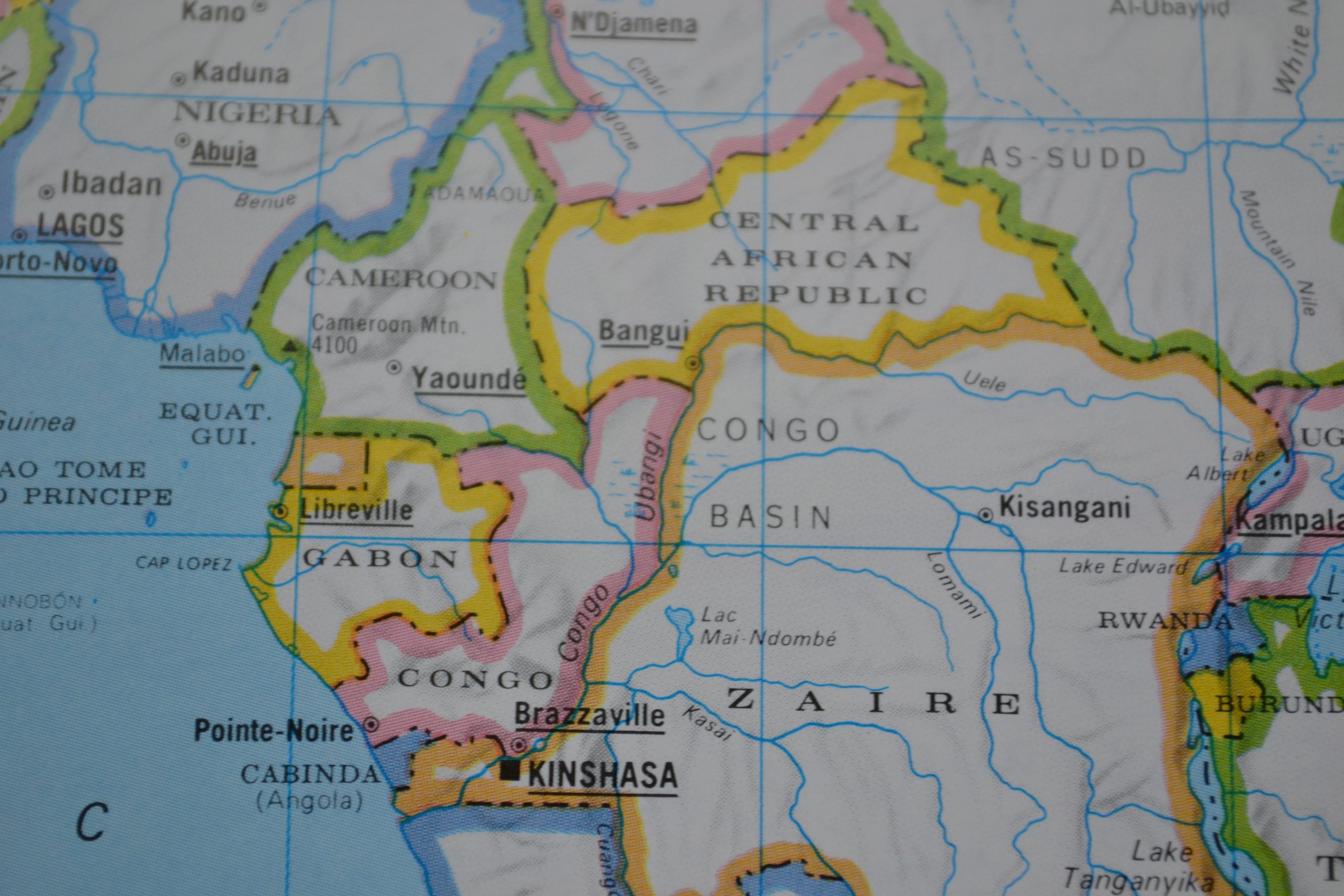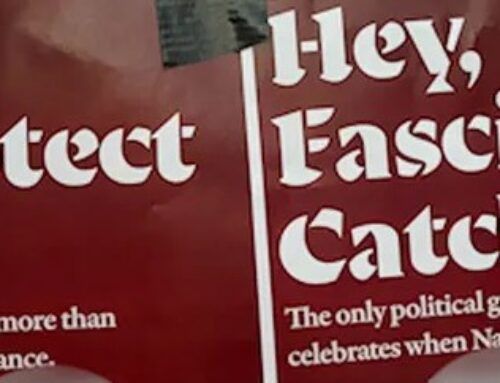“Even extreme grief may ultimately vent
itself in violence–but more generally takes the form of apathy”
― Joseph Conrad, Heart of Darkness
Upon the death of his father in 1865, Leopold the II assumed the Belgian throne.
In 1876 he established the International Africa Association (IAA), a “philanthropic” organization he claimed would be used to improve the lives of Africans. In reality, it was a front.
Enlisting the explorer Henry Morton Stanley, of “Dr Livingstone, I presume?” fame, Leopold directed him to establish outposts throughout the African Congo under the guise of opening trade with Europe.
Through treaty, and broken treaty, Leopold gained a foothold and eventual dominance of the entire Congo Basin. By 1887 the Congo Free State had been established, an area 76 times larger than Belgium itself! All privately owned by the King, it’s wealth to be used as he saw fit. “Free State”, indeed.
Leopold never set foot in his fiefdom. Instead, he used mercenaries known as the Force Publique to administer his will on the population. The Congo quickly descended into a nation-sized plantation of surfs and slaves harvesting rubber trees on vast Anglo-Belgian India Rubber Company (ABIRC) farms.
While under Leopold’s reign it is estimated between 1-million and 15-million Africans were slaughtered by his minions. An untold number suffered torture, starvation, and mutilation; the favorite punishment of the overseers being the chopping off of a hand and/or foot of any laborer, children included, who didn’t make the day’s quota.
However, the hand amputations didn’t originate as punishment. Tribal labor was forced through threats, kidnappings, beatings, rape, and executions. Soldiers would arrive in a village and declare that all we’re now blessed to be “employed” by the ABIRC- Those who expressed resistance we’re dealt with accordingly. It was company policy to eliminate any and all trouble makers – however, ammunition was expensive!
The Force Publique’s ranks were composed of black soldiers impressed from warrior tribes in the Northern Congo. The officer corps was comprised of white Belgian military volunteers, and European and African mercenaries. The officers were concerned that the ranks of tribesmen now equipped with modern rifles would “waste” ammunition hunting wild game when it was supposed to be used to murder Congolese. In answer to that dilemma they implemented a regulation requiring that every round expended should include proof of the body it was fired into. Rather than drag corpses cross country, the soldiers began collecting the hands of the dead.
It did not take long for the hands to become currency. Soldiers still went hunting, and would then just take the hand of a local, or buy/trade for one, and then deliver it to their commander…sometimes by the bushel. Amputation as punishment became the money’s printing press. A press run by the overseers.

The carnage was so severe it became a world scandal and diplomatic nightmare for Belgium. The first human rights organization, The Congo Reform Association, was formed as a result. It included in its ranks such notables as Mark Twain and Sir Arthur Conan Doyle. Editorials condemning Belgium flooded the newspapers, and authors published books.
One writer was Joseph Conrad who penned the classic Heart of Darkness, which he loosely based on the atrocities of a Leopold rubber trade privateer. [Side note: The movie Apocalypse Now is loosely based on Heart of Darkness, but reset in the Vietnam War.]
In 1908, through international pressure, the Belgian Parliament finally “persuaded” Leopold to give up his private kingdom. They paid a sum of 50-million Francs to him personally, as well as 47-million to ABIRC bond holders, and another 120-million Francs to pay off the corporate debts. The taxpayers, of course, picking up the tab.
Leopold had all Anglo-Belgian India Rubber Company business and historical records burned. His brutality and genocide left unacknowledged by the West for almost 100-years.

Leopold II
Later the same year, after 44 years of rule, Leopold II died instantly of a hemorrhagic stroke. (Those with faith in “karma” can make of that what they will.)
The Congo, now under direct Belgian rule, was placed under military control. The nation’s new order was based on the Colonial Trinity concept where state/corporate/church interest was the basis of law and policy.
Life did improve for the people. Public works projects were undertaken and schools constructed. Paved roads, a power grid, and a middle class appeared. With education and taste of wealth came a thirst for independence. And, as is the African way, fueled all manner of political movements, uprisings, infiltration, and potential dictators jockeying for power. Of course, none of it would be Africa complete without the outside manipulations and funding of foreign states, of which there were plenty.
Belgium ceded control in 1960, and the Republic of the Congo was established, bringing autonomy and self-rule to the Congolese.
The new nation immediately descended into civil war.
“In fourteen years Leopold has deliberately destroyed more lives than have suffered death on all the battlefields of this planet for the past thousand years. In this vast statement I am well within the mark, several millions of lives with the mark. It is curious that the most advanced and most enlightened century of all the centuries the sun has looked upon should have the ghastly distinction of having produced this moldy and peity-mouthing hypocrite, this bloody monster whose mate is not findable in human history anywhere, and whose personality will surely shame hell itself when he arrives there–which will be soon, let us hope and trust.” – Mark Twain






Leave A Comment
You must be logged in to post a comment.